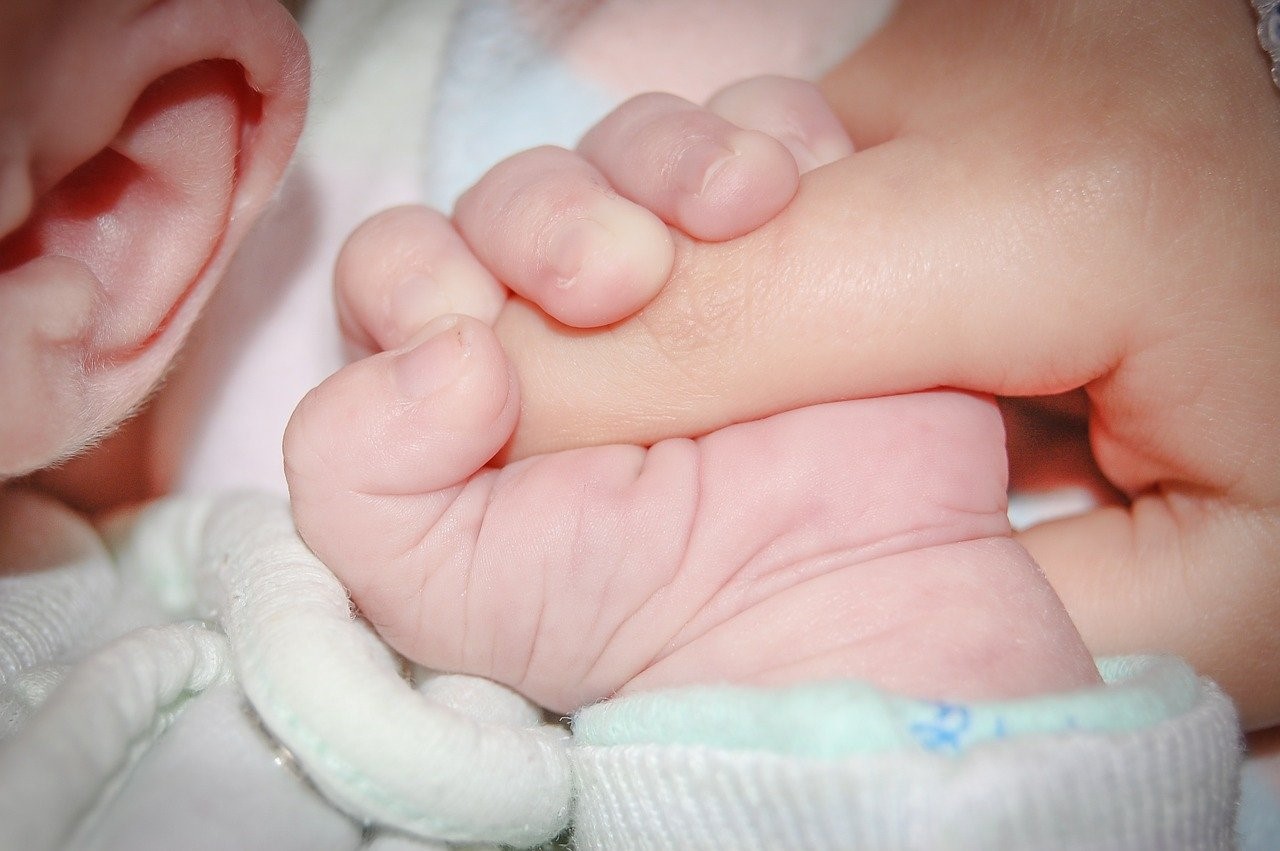Adoption is complex, emotional, and full of major decisions on all sides. For those who want to place a child for adoption or consider growing their family through adoption, many questions rise to the forefront. One of those questions is how the legal process of adoption works. Much of the process depends on state laws and regulations, but here are the basics, according to an adoption lawyer.
Different Types of Adoption
First, the adoption process can look different, depending on the type. There are several types of adoption, including:
- Adoption from foster care – In the US foster care system, thousands of children, many of whom are school-aged or older, are available for adoption. Some people adopt directly from foster care. Others pursue a foster-to-adopt situation, in which the child is fostered by the parents until they become free for adoption, allowing the parents to take the next steps.
- Infant adoption – Compared to school-aged children, infants are rarely adopted out of foster care. The waiting list of parents who want to adopt an infant is long. These adoptions are typically private arrangements between birth parents, adoptive parents, an adoption agency, and perhaps an adoption lawyer.
- Stepparent adoption – During this process, a child’s stepparent becomes their legally adoptive parent.
- International adoption – This is often the most complex type of adoption. In this scenario, parents adopt a child from another country.
The Adoption Process
Once a potential adoptive parent knows which type of adoption they want to pursue, the next step is to choose an adoption lawyer and/or adoption agency. Birth parents should also choose an agency or adoption attorney if they want to place a child for adoption.
An adoption lawyer may facilitate certain negotiations, depending on the type of adoption. For instance, the lawyer may lead discussions on terms for an open adoption, or they may help negotiate terms for the birth mother’s medical costs.
Next, the adoptive parent will complete a home study. During the home study, a home study professional interviews the adoptive parent and inspects the parent’s home. A home study helps adoption professionals determine whether or not the adoptive parent can provide a safe environment for a child.
Once the home study has ended, the adoption finalization process can begin. This process depends on the type of adoption. For instance, it may happen fairly quickly for foster care adoption, but for private infant adoption, it may involve a lot of waiting before the child is born.
Adoption Lawyer
Those are the broad steps, but each step has its own details. Should you call an adoption lawyer for an adoption? Whether you’re a birth parent or potential adoptive parent, an adoption lawyer can help you navigate this complex process. Contact Moran Law if you’d like to learn more.


